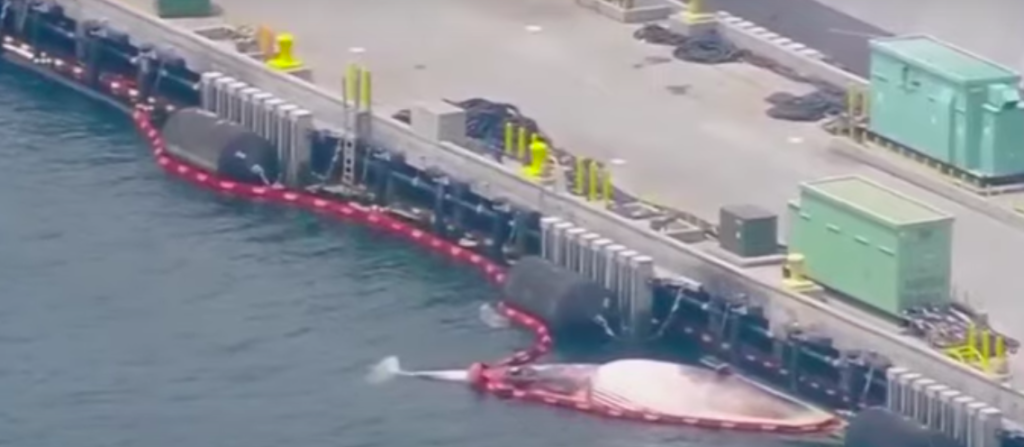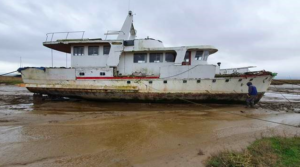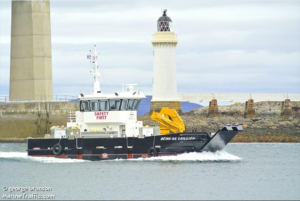Death of two whales leads to US Navy statement

Article updated 27May21 to include statement from Royal Navy.
After two dead fin whales were removed from the hull of the HMAS Sydney, an Australian destroyer conducting exercises off the coast of San Diego earlier this month, US Navy officials have emphasised that the service takes protective measures to mitigate environmental risks, according to a statement to Military.com.
HMAS Sydney was linked to the deaths after berthing in San Diego. One whale was 19.81 meters long and the other 7.62, KGTV-TV reported.
In a statement to ABC, the Australian Department of Defence confirmed that ‘as HMAS Sydney was berthing alongside Naval Base San Diego in California two deceased whales dislodged from her hull beneath the surface’.
The department said the Australian and US navies were cooperating with local marine authorities and other agencies to review the incident.
“The navy takes marine mammal safety seriously and is disheartened this incident occurred,” a defence spokesperson said.
146-metre-long HMAS Sydney’s hull extends more than seven metres below the waterline and the ship can reach speeds up to 28 knots (52 kilometres per hour).
“Whenever the US Navy trains and/or tests, it employs protective measures that have been developed in coordination with the NOAA Fisheries,” a spokesman for US Pacific Fleet has now told Military.com. “Those measures include using qualified lookouts; reducing power or halting active sonar transmissions when marine mammals get within a predetermined safety range; establishing safety zones around detonations; and manoeuvring vessels to avoid marine mammals/endangered species.”
The National Oceanic and Atmospheric Administration, an agency that shapes international ocean policy and addresses threats to natural resources, has taken several measures to prevent vessel strikes, including establishing speed restrictions and tracking vessel strikes through carcass examinations with the Marine Mammal Stranding Network.
But research biologist John Calambokidis told 10 News that up to 50 whale strikes occur every year off California, with crews usually unaware until the vessel slows down and the whales become dislodged.
The Centre for Biological Diversity says it is intending to file a lawsuit unless remedial actions are taken in the wake of the deaths of the two whales which occurred during a training exercise, according to 10 News.
In a letter sent Monday to various government officials, the nonprofit organisation said it would pursue litigation unless the US Navy and National Marine Fisheries Service re-examine the impacts of conducting training activities in the Pacific Ocean. The Fisheries Service was also asked to re-examine its determination that the navy’s activities in the area would have a negligible impact on endangered whales and other marine mammals.
Marine Industry News spoke to the Royal Navy about its procedures.
“The Royal Navy takes its environmental responsibilities very seriously and the operating procedures we have put in place are designed to reduce the potential for an adverse environmental impact,” says a Royal Navy spokesperson. “The MOD has a robust environmental policy in compliance with current UK environmental legislation and international conventions to which the UK is a signatory.
“Our precautionary measures to avoid interactions with whales include being vigilant at all times and taking additional care in designated marine mammal protected areas in accordance with our own Environmental Protection Guidelines (Maritime).
“The Royal Navy Safety Centre has no records of our vessels striking whales, but it does not routinely collate this data. We are not aware of this having been an issue for RN vessels.”










